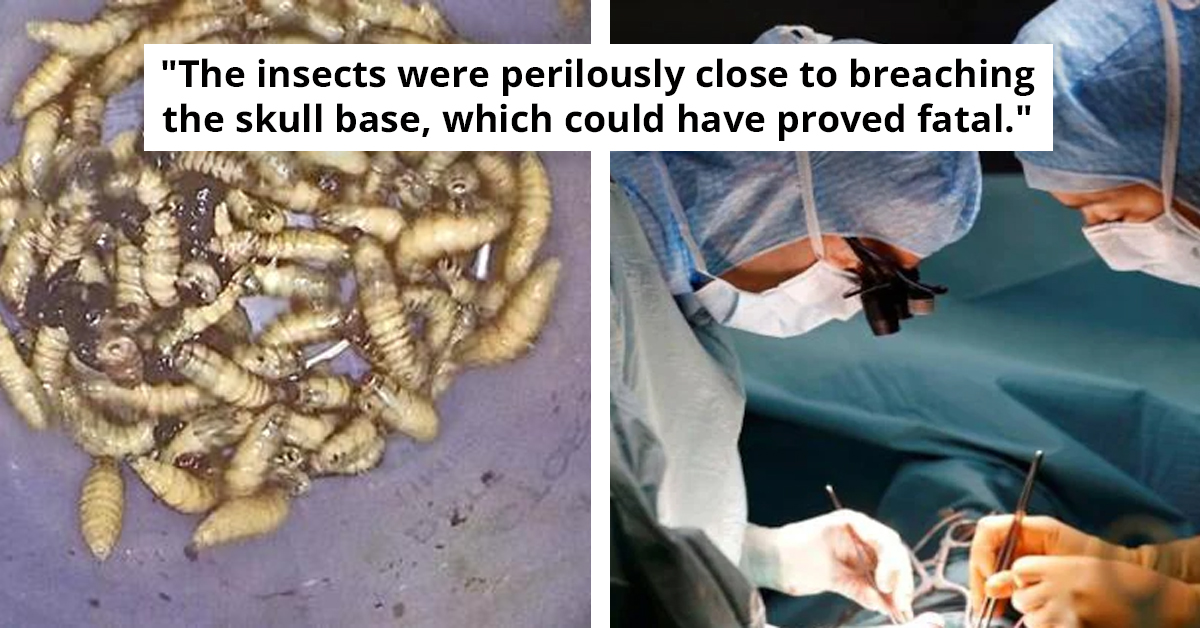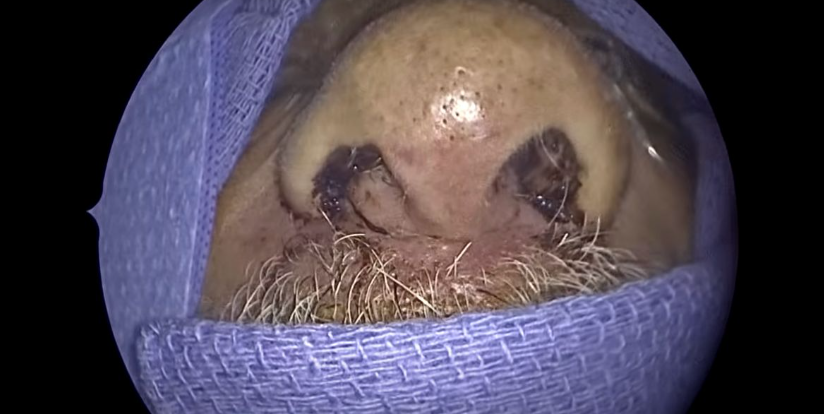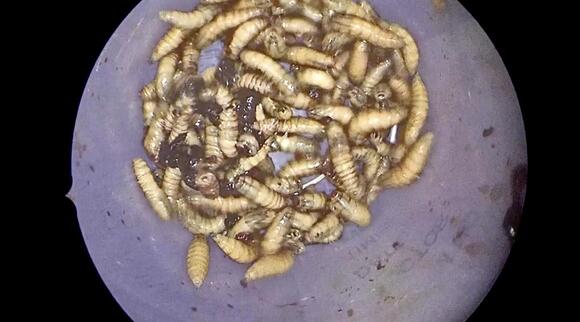Doctors Remove 150 Live Bugs From Florida Man's Nose
A shocking medical case emerges as doctors extract 150 live bugs from a man's nose in Florida.

In a bizarre and unsettling medical case, doctors in Florida were faced with the extraordinary task of removing a staggering 150 live bugs from a man's nasal cavity. This unusual incident has captured widespread attention, shedding light on the unexpected and sometimes alarming challenges encountered in the field of medicine.

A Florida man found relief after doctors extracted a shocking 150 live bugs from his nose.
The man, who remains unidentified, sought medical help at a hospital after experiencing intense discomfort earlier this month. Initially noticing a sensation akin to his face being ablaze, he finally decided to seek treatment as the symptoms worsened.
Although the ordeal began in October, it was only in recent days that the severity of his condition became apparent. Recounting his ordeal, the patient described swelling that spread rapidly across his face, accompanied by bleeding from the nose, even with minimal movement.
The man sought treatment at HCA Florida Memorial Hospital in Jacksonville, where he was attended to by Dr. David Carlson, an ear, nose, and throat specialist.
Upon examining the man's nose with a camera, Carlson was astonished to discover numerous bugs swarming inside the nasal cavity. Some of these insects were as large as the end of his pinkie finger.
Recognizing the severity of the situation, Carlson realized the bugs were causing erosion near the skull base, dangerously close to vital areas like the eye and brain.

Initially attempting to remove the insects with suction, Carlson soon realized that they were too large for this method. Resorting to manual extraction, he painstakingly removed each bug from the man's nose, ensuring they did not breach the delicate structures surrounding the brain.
"The insects were perilously close to breaching the skull base, which could have proved fatal," Carlson explained.

The bugs have been forwarded to an epidemiologist for species identification. Fortunately, the patient is anticipated to recover fully from the ordeal.
The exact cause of how the larvae entered the man's nasal cavity remains unclear. However, the patient speculated to First Coast News that the issue may have arisen from his poor hygiene practices while handling deceased fish.
"Previously, I would rinse my hands in the river, but now I'll use a cleaner to ensure better hygiene and avoid touching my nose or face," the man informed the station.

